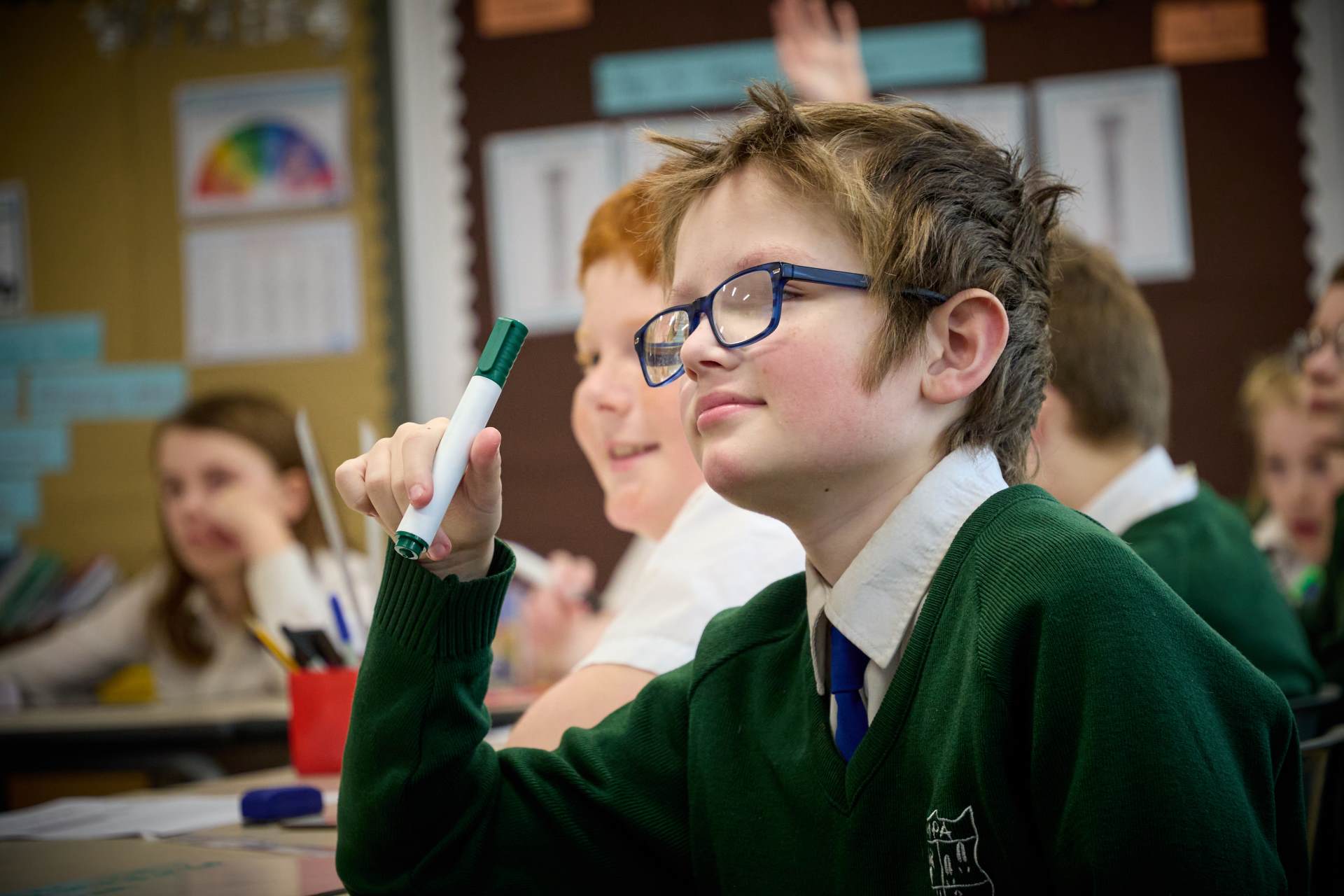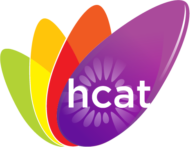History

Intent
We want to inspire children to gain a deeper knowledge of how we arrived where we are now; recognising their own lives as being part of the historical continuum so that they can understand their place in an ever-changing modern world. We want them to be secure in their understanding of key concepts such as beliefs systems, power and society. They will learn to be real historians using the disciplinary knowledge necessary for historical enquiry: how evidence is collected and used to make historical claims, using sources to prove our ideas and interpreting evidence in different ways.
We want our children to be knowledgeable and proud of the history of Malton: from Roman outpost to quaint Yorkshire market town. They will know the importance of nearby York and– through Roman invasion, Saxon and Viking settlement and the impact that global events had locally. We want them to know and understand the history of these islands as a coherent, chronological narrative, from the earliest times to the present day: how people’s lives have shaped this nation and how Britain has influenced and been influenced by the wider world. Studying history will broaden horizons and give cultural capital on a local, national and global scale.
Implementation
Initially, throughout the EYFS children encounter History as part of Understanding the World. They begin with a focus on themselves and the familiar world around them. They are encouraged to remember and draw on their own experiences. Teachers support children to talk about these experiences, developing their language, and areas of provision in the classrooms allow these concepts to be revisited in order to be ready for Key Stage 1.
In Key Stage 1 learners are introduced to concepts of similarity and difference, significance and chronology. They begin to see how we use evidence in historical enquiry, why this is important and begin to ask questions of sources. Our curriculum allows for concepts to revisited and built upon.
In Key Stage 2 children’s conceptual understanding is developed through a knowledge-rich curriculum. Between years 3 and 6 they follow a journey along the continuum of British History from Prehistoric Britain through to the Viking Invasion. They also follow a parallel chronology through the Ancient World between years 3 and 5.
History lessons will be collaborative, hands on and literacy rich. Teachers develop medium term plans and use best practise examples. History enquiries will be enriched through visits to local sites and meeting experts. Teachers use their pedagogical content knowledge to lead pupils through lessons beginning by revisiting earlier known content and introduce new knowledge based on developing concepts. A mixture of in lesson AFL and formative assessment feed into this process further. Many lessons will offer children the opportunity to develop their understanding collaboratively through teachers’ use of Talk for Learning strategies. Classrooms are expected to show the children’s journey through time with a timeline. Teacher’s will use a range of strategies (writing frames, concept maps, graphic organisers, knowledge organisers, pre-teaching, visual resources, widgets) to support all leaners thus enabling them to make progress.
Key documentation
Autumn term medium term planning
Y1 Autumn A Victorian Childhood
Y2 Autumn What was life like when Granny was at school?




